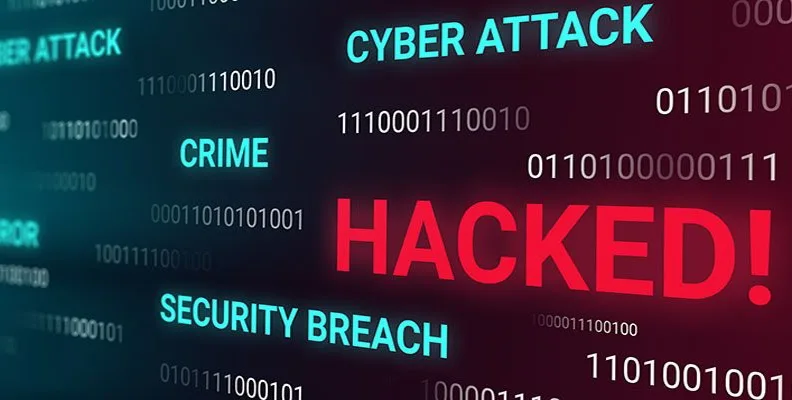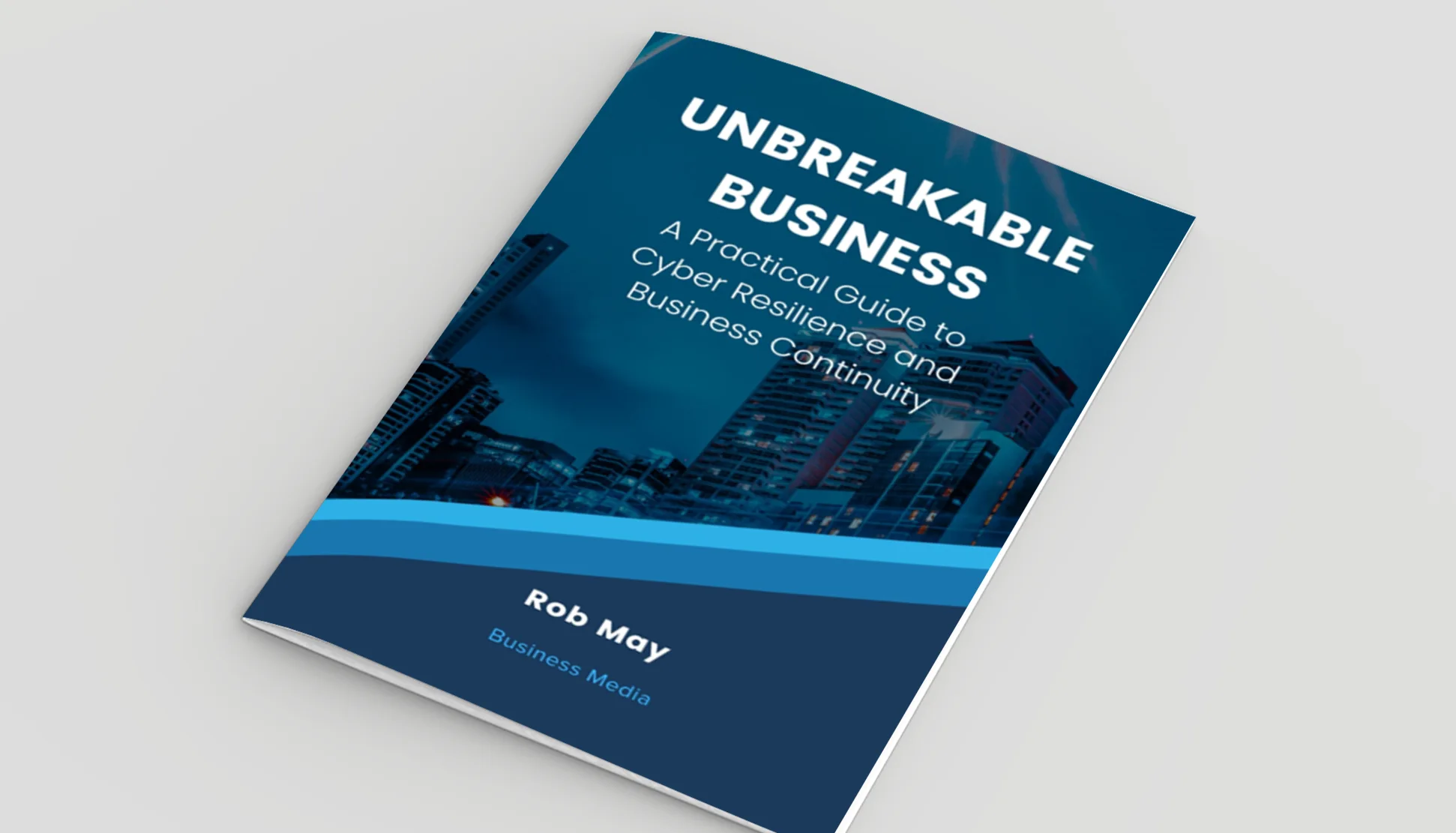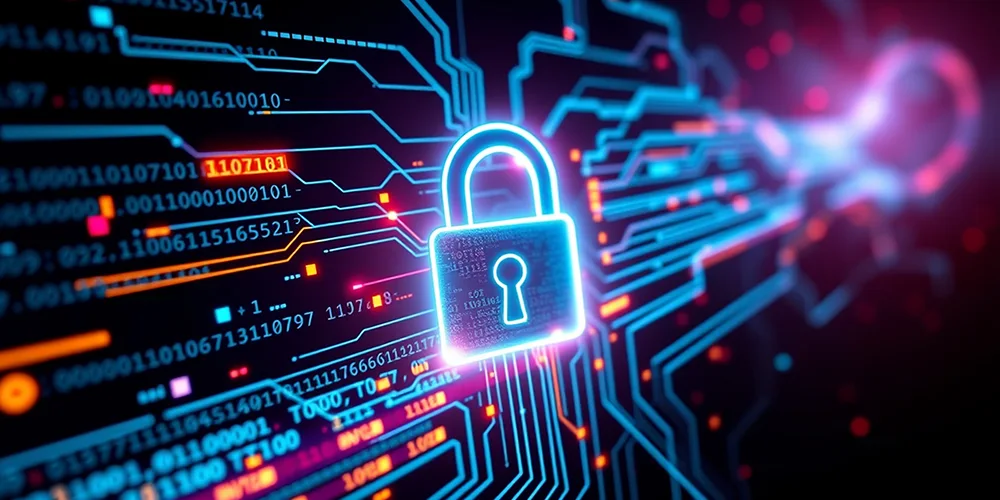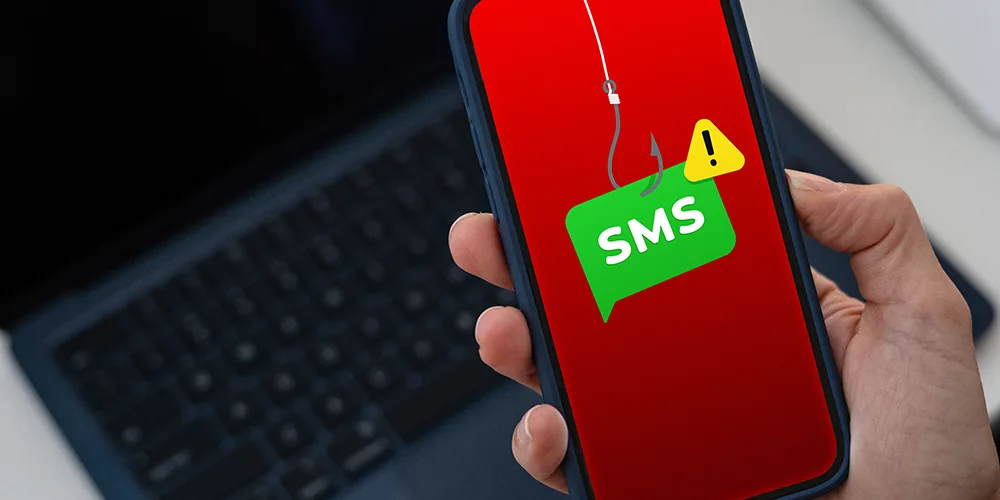Cybersecurity – The importance of Testing & Training
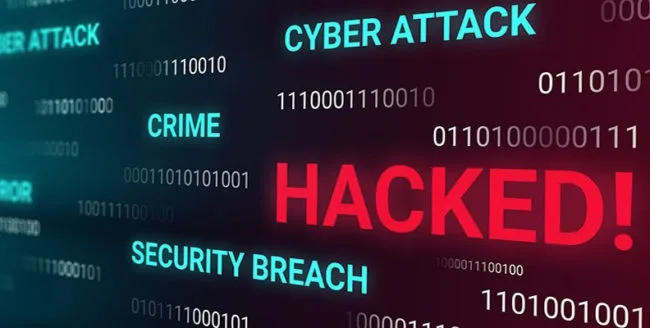
Posted on January 12, 2024 by Kayleigh Wilkinson
Cybersecurity is the act of protecting and defending your infrastructure against potential threats such as hacks and data breaches. Cybersecurity involves a variety of measures such as, installing anti-virus software, keeping devices up to date, and most importantly, training your staff.
Cyberattacks pose a serious and ongoing threat to organisations of all sizes and sectors. Having strong cybersecurity defences including well-trained staff who know how to prevent, detect and respond to cyber threats is more important than ever.
Simply training your staff, or testing your staff is not enough, the reality is you need to do both. If we consider the house analogy, the best way to protect your home is with multiple layers of security protection, there is no use in locking the front door if your kitchen window is left open. The same is true when it comes to protecting your organisation and its data, multiple layers of protection build upon each other to create a strong defence.
For organisations using a combination of training and testing, results show a radical drop of careless clicking to just 18.5% within 90 days of initial training and simulated phishing, and a steeper drop to 5.4% after 12 months of combined phishing and security awareness training.
Cybersecurity Training
Cybersecurity training is an effective way to enhance your organisation’s security and resilience against cyber threats. It can help you to empower your workforce, boosting their confidence in spotting and reporting cyber incidents. This in turn can save you a lot of time and money as the costs and reputational impact of a cyber-attack can be exceptionally costly.
There are different types of cybersecurity training that you can offer to your employees depending on their roles, responsibilities and skill levels. These include; Cybersecurity employee awareness training, Cybersecurity Leadership Team training and Staff induction cybersecurity training.
The Information Commissioners Office (ICO) is the UK body that is responsible for prosecuting organisations that fail to keep data safe. The ICO issued guidance says that all staff and volunteers that have access to data, should receive cyber awareness training as part of their induction. Furthermore, they mandate that training should be ongoing for all employees. In the case of a cybersecurity breach, the ICO will expect organisations to be able demonstrate completion of training by all new starters and ongoing training for all employees and management of non-attendees.
At ramsac we run a wide range of cybersecurity training courses offered either as in person workshops, online presentations, or online learning to help protect your organisation against cybercrime. See more details on our Cybersecurity Training Programme.
Cybersecurity Testing
Testing employees is just as important as training to ensure the message is getting through. Phish Threat testing is a great way to do this. With Phish Threat we configure phish test campaigns to run 4 times a year (this can be upgraded to run more regularly). We use a selection of simulated phishing emails from a large pool of templates and spread each campaign over 5 days, so employees do not all receive the same email at the same time. If a user falls for a phish test and clicks on a link, they are taken to a training page informing them they have done so and educating them with guidance on how to spot phishing emails.
No one likes to fail a test, so by testing your staff frequently at staggered times throughout the year, staff are always on the lookout for the ‘test’ phishing emails and therefore will automatically be more vigilant in checking the legitimacy of emails before clicking links, downloading attachments or responding to requests.
Cybersecurity testing and training by ramsac is powered by KnowBe4 is a highly recommended security awareness training and simulated phishing platform that helps organisations manage the ongoing problem of social engineering and has been named a Leader by Forrester research for Security Awareness and Training Solutions for several years in a row.
Click below to find out more about how ramsac services can support you and your business in keeping your staff knowledgeable about cyber security, and therefore able to help keep your business safe.
Did you know cyber training is now mandated?
The Information Commissioners Office (ICO) is the UK body that is responsible for prosecuting organisations that fail to keep data safe. In December 2021, the ICO issued new guidance saying that they expected that all staff and volunteers that have access to data, should receive cyber awareness training as part of their induction, and before they are given such access. Furthermore, they mandate that training should be ongoing for all employees, and that an organisation should be able to demonstrate completion of training and management of non-attendees.




